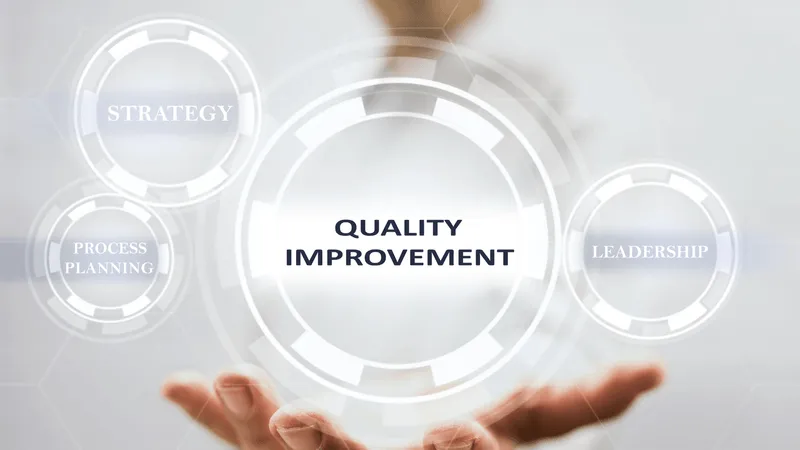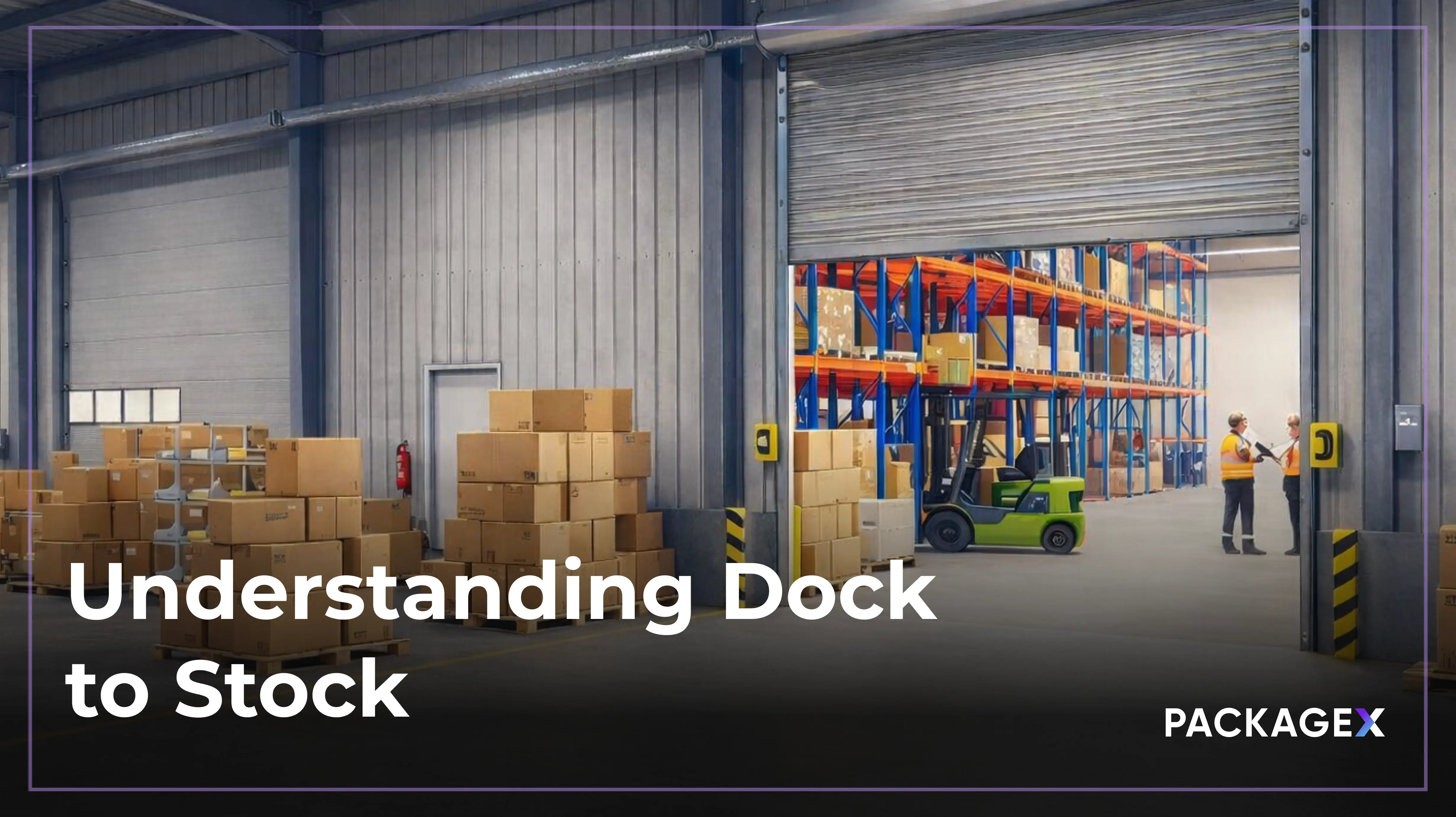Supply chain management is a complicated endeavor that ensures the company's financial and distribution models are as good as possible. The supply chain management market is projected to reach $52,632.37 million by 2030 with a 10.7% CAGR, reflecting great potential.
However, a considerable amount of effort is required for the establishment and maintenance of a supply chain network. It entails a long list of actions, including establishing strategies, building partnerships, and deploying technology. These are some of the critical steps that can help you fulfill the goals of supply chain management.
But, before you begin to manage your supply chain effectively, it's necessary to understand what is the goal of supply chain management. In this article, we will discuss five high-level objectives of supply chain management that any business must take into consideration.
What is Supply Chain Management?
Supply chain management refers to the management of operations that move the products through the supply chain, i.e., from the supplier to the end consumer. All these processes make sure that products arrive at the right time and in the right quantity to meet the customers' expectations. Any business looking to maximize its profits should have a well-managed supply chain, and it's possible when you make your strategy around the strategic goals of supply chain management.
Now you must be wondering what those goals are. Let's have a sneak-peek into some high-level supply chain management goals.
Top Five Goals and Objectives of Supply Chain Management
The top five supply chain management goals include the following:
- Ensure efficiency
- Optimize and standardize logistics
- Focus on improving quality
- Increase flexibility
- Monitor financial success
Ensure Efficiency
Efficiency is a fundamental aspect of supply chain management and refers to fulfilling orders timely by using the least amount of inventory. While operational efficiency is necessary, efficiency between all the links in the supply chain is also crucial. Therefore, manufacturers, wholesalers, and retailers must collaborate to increase the efficiency of the operations.
Inventory, logistics, and transportation management can become complex if companies lack ERP, MRP, and APS systems. For this reason, manufacturers should prioritize increasing visibility within their operations and with their suppliers and retailers. In this way, you can achieve the goal of ensuring efficiency in your supply chain management.
Optimize and Standardize Logistics
Another key goal of supply chain management is optimizing logistics. There are various ways to optimize your logistics, and deploying modern technology is the best way to do it. Due to the advancements in industrial-grade technology and cloud-based supply chain management software, you can easily optimize and streamline logistics.
Products like PackageX Mailroom can help you achieve these supply chain management goals and objectives. Its OCR-enabled software eliminates manual data entry as AI does all the work for you and provides end-to-end tracking on all inbound and outbound deliveries. Using technologies like artificial intelligence and machine learning, you can automate your logistics operations and increase the productivity of your staff.
Focus on Improving Quality

The main goal of supply chain management is to manufacture products and deliver them to the end consumers. However, providing the product is not the only goal; the quality of that product also matters. You should provide consumers with a product that offers the best value possible. Therefore, focusing on improving the quality of the product should be a shared goal between you and your supply chain partners.
One way to improve the quality of the products is to collaborate with the customers to identify their needs. They will highlight the inefficiencies in the product and provide you with an opportunity to correct them. In this way, you can produce a product that will be of value to your customers.
Increase Flexibility
Supply chain management is all about adapting to change. As the current business environment is highly volatile, supply chain management can help organizations adapt to the challenges of globalization, changing consumer expectations, and economic instability.
The firms that fail to foresee the changes in their supply chain are destined to perish. Therefore, businesses should aim to increase flexibility by creating adaptive operating models. It helps the companies scale up or down their operations rapidly in response to sudden changes in demand. In simple words, a responsive and flexible supply chain will react to changes with minimum disturbance.
Monitor Financial Success

Contributing to the organization's financial performance and monitoring financial success are some of the obvious goals of supply chain management. The traditional approaches revolved around cost-cutting strategies focused on reorganizing stock levels to reduce labor, inventory carrying, and freight costs.
However, today firms are leveraging the supply chain to enhance sales and market penetration. Their key objective is to increase the competitive advantage and shareholder profit. You can have an in-depth understanding of the supply chain management's organizational value with a dual focus on cost-control and revenue development. If a firm focuses on financial goals, it can evolve from day-to-day operations to a strategic process managed by supply chain professionals.
{{returns-webinar}}
The Bottom Line
You can get multitudes of benefits by incorporating supply chain management goals into your business. It will decrease the costs dramatically, improve the operations and reduce disruptions. In case you want to know what is the goal of supply chain management, give the goals mentioned above a read. They will help you take a step in the right direction when creating a productive supply chain management strategy.



.webp)

